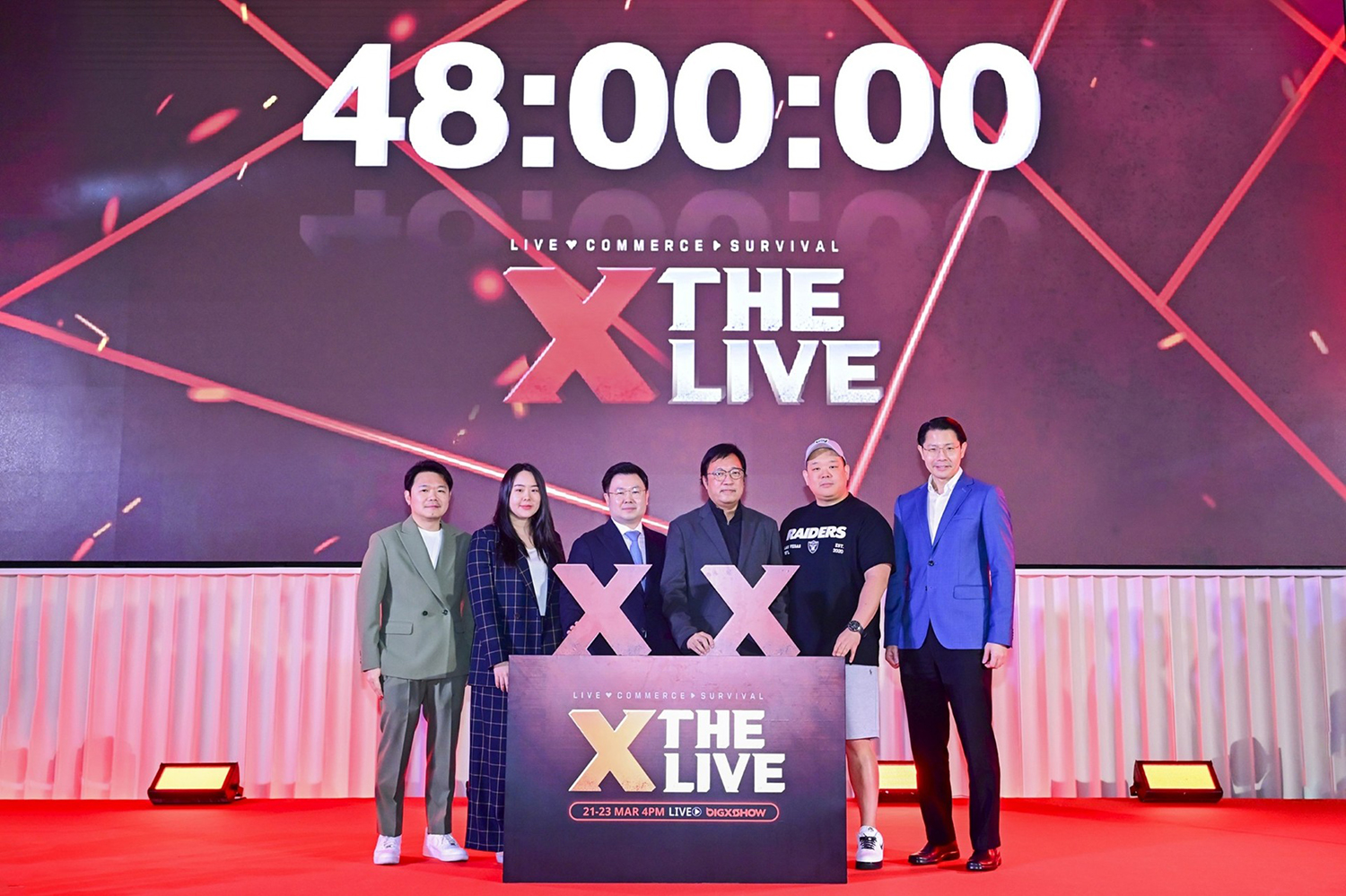
More than half of the online shoppers in Southeast Asia are now searching for products directly on e-commerce marketplaces, new research by Lazada has found.
The growing shift away from search engines and social media was among the trends noted by the Alibaba-owned regional e-commerce platform at the recent LazMall Brands Future Forum 2022 held at Resorts World Sentosa in Singapore.
The event featured presentations from Lazada executives, a panel discussion with representatives of top brands on LazMall as well as interactive booths showcasing some of the company's experiential shopping technology.
With e-commerce user penetration in Southeast Asia expected to reach 413 million users by 2025, more dynamic shopping journeys are taking place, with 57% of shoppers searching for products directly on e-commerce marketplaces, Lazada said.
This shift away from commonly used search engines highlights the importance of e-commerce marketing solutions and digitisation of businesses if they want to remain resilient and relevant amid rising global interest rates and inflationary pressures, say Lazada executives.
"E-commerce marketplaces like Lazada have surpassed social media and search engines to become the discovery channel of choice," Lazada Group chief executive officer James Dong said at the forum.
"The behaviour and mindset change during the past two years have driven more high-quality consumers who are looking for high-quality authentic products, and high-quality experiences, to come to LazMall," he added.
"Brands now have the opportunity to build mind share and connect with consumers using the tools from Lazada, to accelerate their growth in the e-commerce space and engage the right audience."
The e-commerce industry in Southeast Asia experienced tremendous growth from 2019 to 2021, driven by unprecedented buyer adoption of online services during the pandemic.
Even as consumers resumed their post-pandemic lifestyles, Lazada remains confident as buyers continue to purchase, with 8 out of 10 consumers continuing to shop online for ease and convenience, despite lower average spending per user compared to the past two years, said James Chang, Lazada Group's chief business officer.
LazMall also saw an unexpected surge in buyer growth, and moving forward will centre its efforts around engaging and retaining customers beyond price and promotion, he added.
Brigitte Daubry, Lazada Group's chief customer officer, stressed the importance of deep customer understanding and insights in creating more value for shoppers, and to provide them a differentiated retail experience from offline stores and other industry players.
Lazada's surveys found that customer "stickiness" and retention was most likely with wider product assortment, competitive pricing, increased convenience and varied options, as well as a highly personalised shopping experience.
The report showed that search-led discovery and product recommendations aided shoppers in the decision-making process, with 94% of shoppers using the search function to discover products on Lazada, and 94% actually purchasing the products they found through search.
Additionally, 71% of shoppers purchased products as a result of Lazada's tailored-to-users Recommendations feature.
Howard Wang, Lazada Group's chief technology officer, said the company's data intelligence built on the cloud infrastructure of parent Alibaba helps brands and sellers target audiences more accurately, and boost conversion.
This is further amplified with the use of augmented reality (AR), which elevates business outcomes and enhances the brand experience for shoppers, he said.
AR technology, for example, enables users to try beauty products in real time with true-to-life results, enabling brands to provide a customised and ultra-realistic virtual shopping experience.
Virtual Try On (VTO) features rich functions that allow consumers to select and try on products such as eye shadow, eyeliner, foundation and blush from wherever they are.
Mr Wang said VTO had met with significant success with LazMall brand partners, contributing to significant conversion gains of up to 3.1 times and up to an 11% increase in average order value for beauty firms on the platform.


